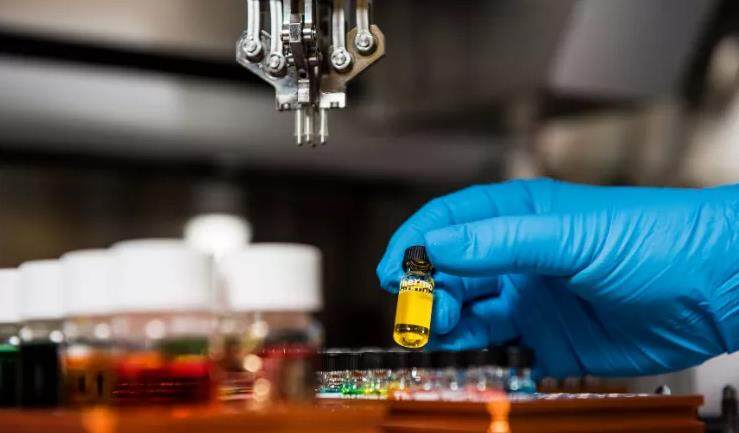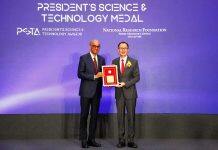King’s and GlaxoSmithKline (GSK), a science-led global healthcare company, have formed a new partnership to provide extensive insight into how and why some patients respond to certain cancer treatments and what may be driving progression of the disease in others.


Together, the partnership aims to find new information about the role genetics play and will use AI systems to build tools that will support clinical decision-making to help improve patient outcomes.
The Translational Oncology Research Hub is an exclusive research collaboration between the Artificial Intelligence and Experimental Medicine Units at GSK and the Comprehensive Cancer Centre at King’s. This partnership will help create a personalised care strategy for a range of cancer patients, including those at high-risk of becoming resistant to treatment. The approach will monitor for dynamic biomarkers (both imaging and blood-based) that can predict resistance during treatment or recurrence in the post-treatment phase. Armed with this information, oncologists can make better-informed decisions about treatment that may lead to better patient outcomes.
The team will use a 3D cellular model of a patient’s disease, to study how tumour cells from the patients undergoing treatment interact with immune cells. State-of-the-art imaging techniques will be used to identify and quantify any changes. These data will be used in collaboration with the GSK AI team to distinguish between high- and low- risk patients and to look for ways to prevent resistance to treatment. Insights from these data have the potential to change how cancer is treated in the future.
“Advanced technologies allow us to unlock the potential of complex genetic data with unprecedented speed, precision and scale. We’re joining our science, talent and tech to develop a more personalized approach for patients with cancer through novel models in the lab that will help inform clinical decision making for the future treatment of cancer,” said Dr. Kim Branson, SVP, Global Head of Artificial Intelligence and Machine Learning at GSK.
This collaboration is based on a novel machine learning model that integrates multimodal data, genetic and molecular traits, tumour location, imaging and biomarker blood tests. These data will be collected from a range of real and computerised patient sources for a holistic view of tumour behaviour with hypotheses tested against the Molecular Disease Characterization Initiative (NCT04772053), a recent study launched by GSK collecting data used for personalised trial matching.








































